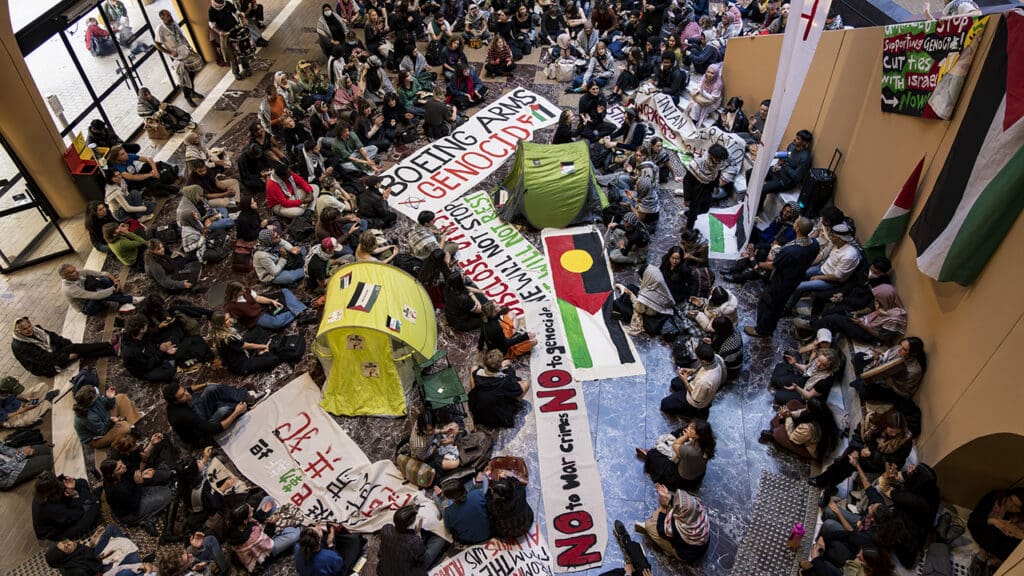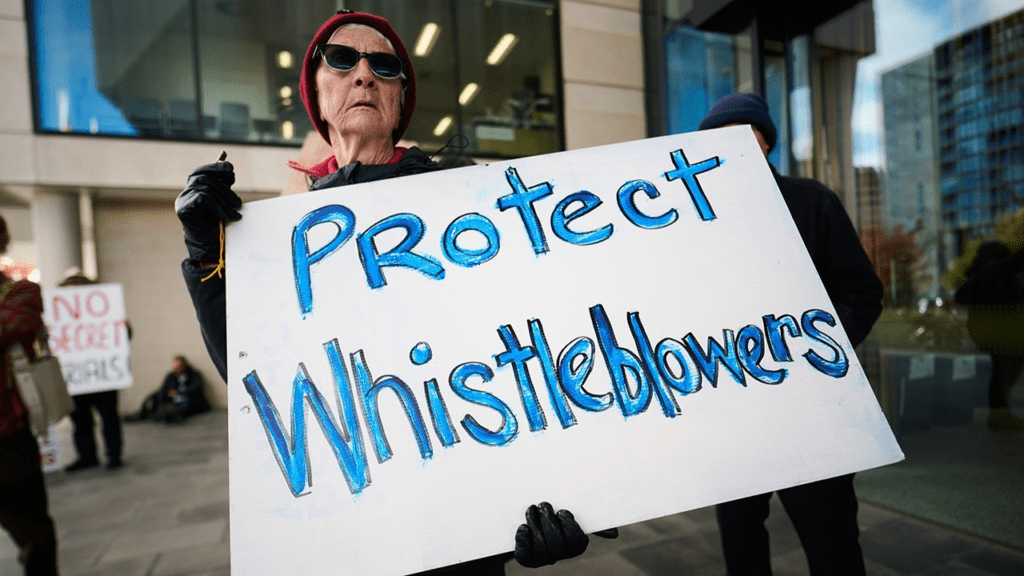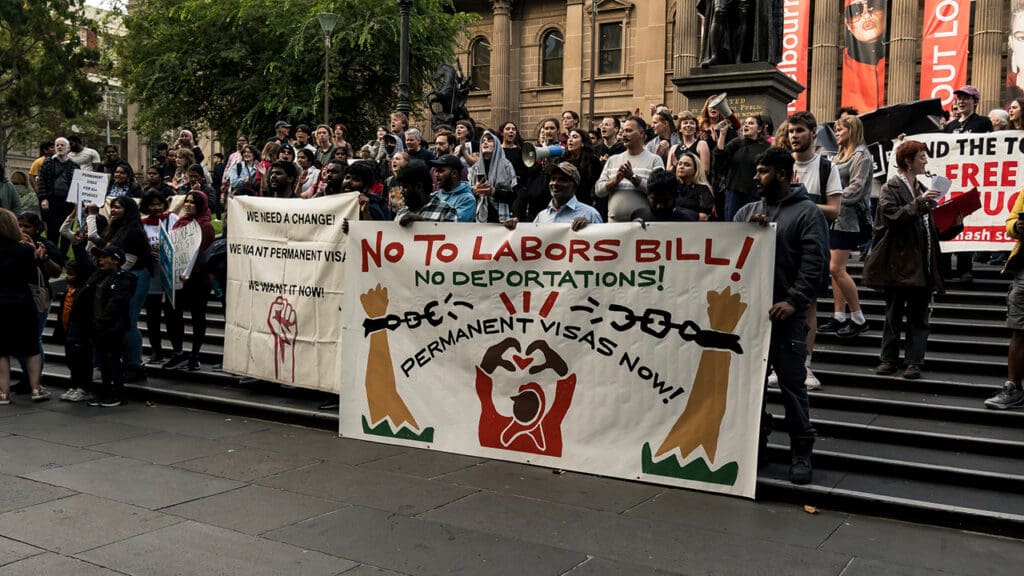#BringThemHere: Human Rights Law Centre and GetUp launch stories of men trapped on Manus Island
The Human Rights Law Centre and GetUp launched a major campaign featuring the stories of the men imprisoned on Manus Island and their families in Australia, calling on the government to allow the men to be brought to safety in Australia.
The campaign will seek to show the unseen stories of men who have been held in illegal and indefinite detention for over three years on the remote island.
The Human Rights Law Centre’s Director of Legal Advocacy, Daniel Webb recently returned from his third trip to Manus and said the men must be immediately brought to Australia and be allowed to rebuild their lives.
“I spent my time on Manus Island interviewing the men our government has warehoused there for the last three years. I met some truly amazing people. I met one man who speaks seven languages, two of which he taught himself while in detention. I met another guy who didn’t speak a word of English when we first sent him to Manus but who has now written a book.”
“They are men of different ages, from different parts of the world and with different stories to tell. But what they all have in common is they are tired. After three years of fear, violence and limbo, they are completely exhausted. It’s time to bring them here.”
“In addition to the inspiring, there was also the tragic. One man, Nayser Ahmed, arrived on a different date to his wife and kids. They are now rebuilding their lives in Sydney but Nayser was sent to Manus. Neysar just wants what every father in the world wants – to sit down at the end of the day and eat a meal with his family. After three years, it’s time to let this man be with his family again,” said Mr Webb.
Shen Narayanasamy, GetUp Human Rights Director said these men have endured a tremendous amount of suffering as a result of our immigration policies, and it is well beyond time for them to start the process of rebuilding their lives.
“These men include engineers, poets, soccer players and cooks. They cut hair, they write books and they have dreams of being part of our community in Australian society. They fled dangerous places in search of a better life, for safety, and it is time we allowed them to come to Australia.”
Mr Webb added, “The PNG government has conceded that the Manus facility must close. But the real issue is not the future of the facility itself but of the men trapped inside it. Whatever the policy challenge, continuing to harm these men is not the solution. The only viable and humane way forward is to bring them here.”
“The government can and must find alternatives. Manus Island is illegal. Resettlement in third countries has been explored and rejected. This cannot continue, we must bring them here,” said Ms Narayanasamy.
Nayser Ahmed and his family fled Myanmar and became separated. Nayser’s wife and children made it to Australia and now live in the community – “The thing I miss the most about my kids … is sitting down for dinner together. Every night we would sit together and eat dinner together. That is important for a family. Every night here I think of that.”
Imran Mohammad didn’t speak a word of English when the Australian government first locked him up, he’s now written a book – “I learned English by writing a page of my life story every single day. Each day I would take that page to a teacher in the camp to correct my mistakes. I have been here for three years, and my story is now over 1100 pages long.”
Junaid was 21 when he left Burma. He fled after the situation because too dangerous for him – “After I finished school, I couldn’t go to university – the government wouldn’t let me. So instead I volunteered for a year, six days a week, teaching kindergarten kids about letters and numbers. I wanted to be learning, but if I couldn’t, then at least I could teach.”
Aziz’s friends call him Mandela – they say he is a man of kindness and principle and a born leader – “Some of them also call me ‘Teacher,’ because I teach people in the camp English. I speak seven languages – I taught myself Spanish in detention here.”
IMAGES AVAILABLE UPON REQUEST
For further comments or queries please contact:
Daniel Webb, Director of Legal Advocacy, Human Rights Law Centre, 0437 278 961
Michelle Bennett, Director of Communications, Human Rights Law Centre, 0419 100 519
Media Enquiries
Chandi Bates
Media and Communications Manager

University of Melbourne urged to drop expulsions
The Human Rights Law Centre has written to the University of Melbourne urging the Vice-Chancellor to abandon her decision to suspend and expel students for a protest in support of Palestine.
Read more
Comprehensive blueprint to fix Australia’s broken whistleblowing laws released today
A Federal Whistleblower Protection Authority would ensure dedicated support for safeguarding individuals who expose misconduct
Read more
High Court challenge for man facing deportation to Nauru returns to court
The legal challenge brought by a man facing deportation to Nauru will return to the High Court for hearing today. The case was filed after the Albanese Government attempted to exercise its new third country deportation powers for the first time
Read more


